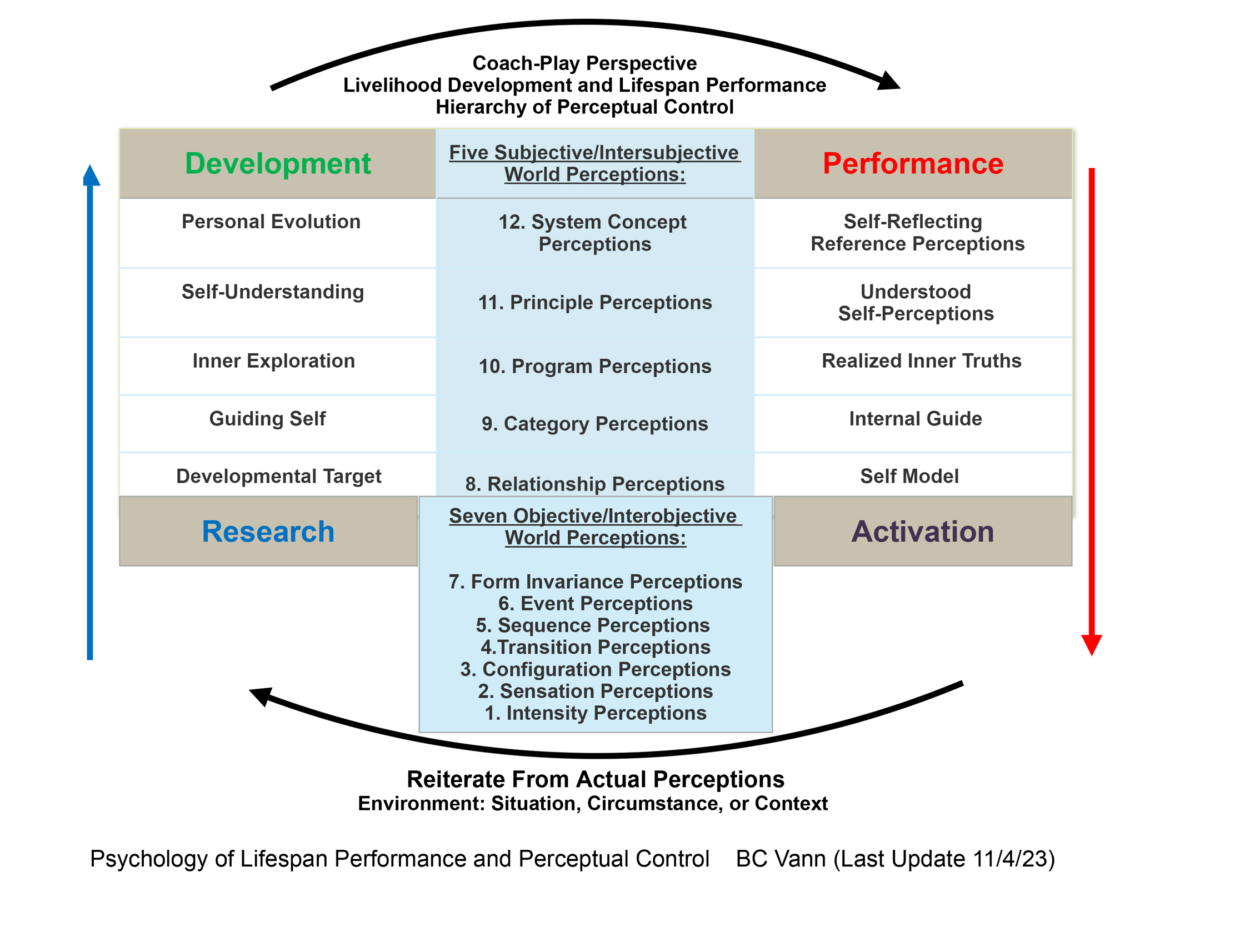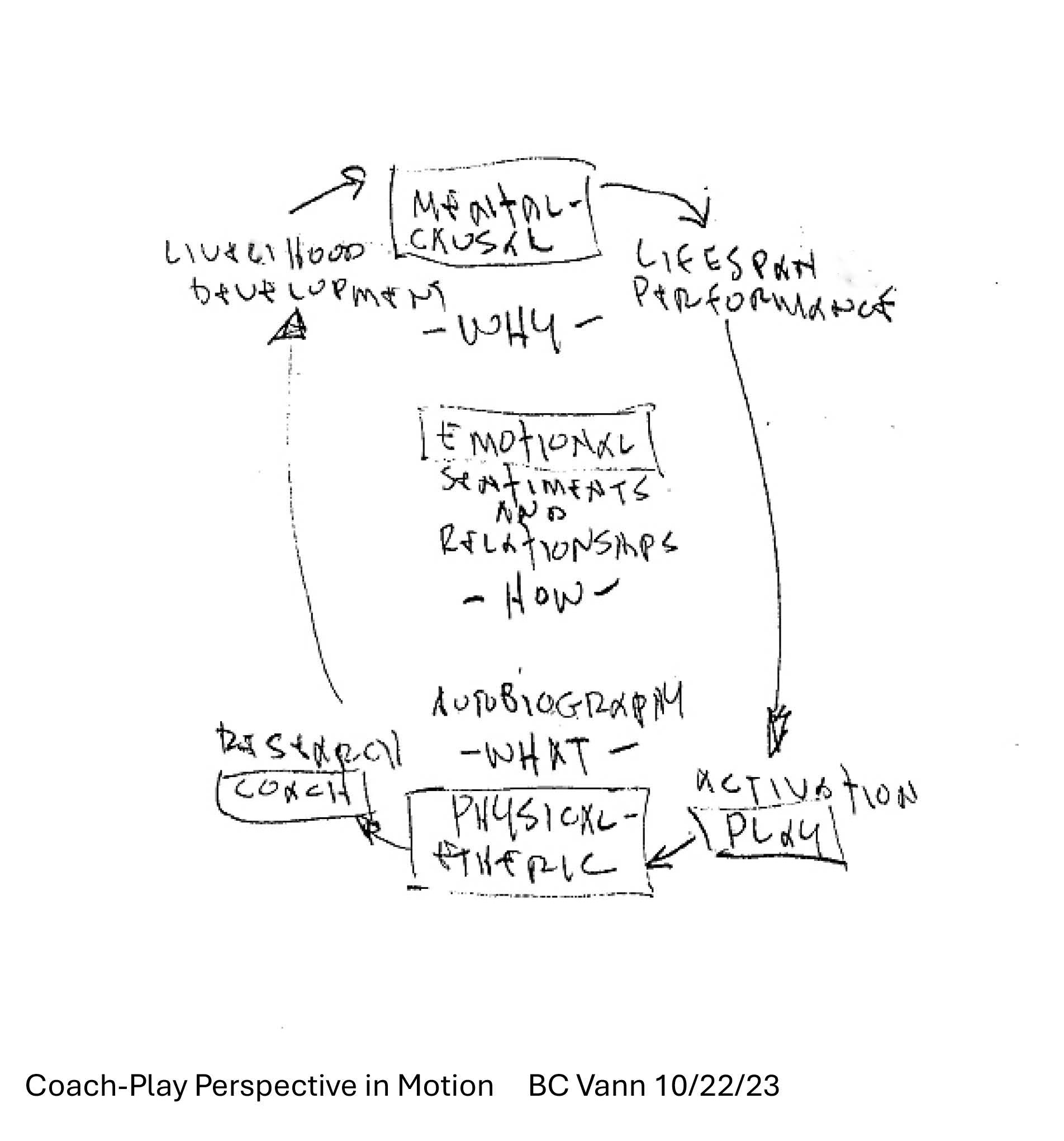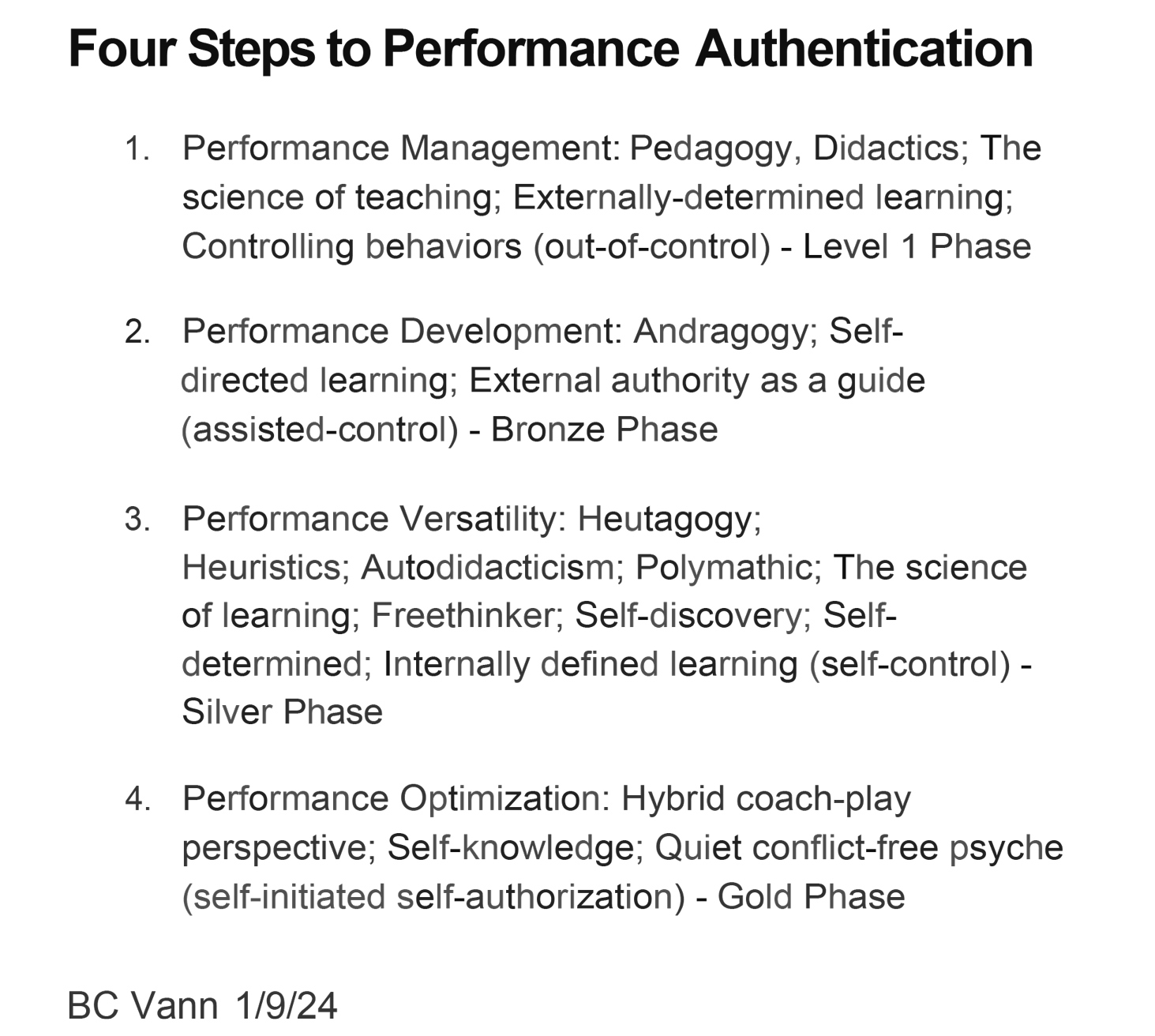As Your Resource For Self-Development
- The Optima Bowling Coach (2025)
Emotional Intelligence Redefined
(Page Updated 4/12/25)
Emotional Intelligence (EI), a cornerstone concept in modern psychology and personal development, has traditionally been approached from a fragmented mainstream viewpoint. This conventional approach, while helpful, frequently isolates emotional experiences from their integral connections with physical sensations and mental perceptions, limiting our understanding and application of human potential. Optima Bowling, guided by the foundational offer to Leverage My Research For My Development As Your Resource For Self-Development. What is helpful here is the profound redefinition of Emotional Intelligence. This redefinition integrates past-stream wisdom, mainstream practicality, and future-stream visionary ideology within a robust systems-of-systems framework, profoundly expanding the scope and effectiveness of Emotional Intelligence as a holistic developmental practice.
An Integrated Systems-of-Systems Perspective
Central to this redefinition is recognizing the pivotal role of attractive and repulsive emotions, an insight unique to the Optima Bowling ideology. Attractive emotions, such as joy, enthusiasm, and fulfillment, serve as critical indicators signaling alignment with one's purpose and integrity, affirming choices and actions that actualize latent potentiality. Conversely, repulsive emotions, including fear, anxiety, frustration, and dissatisfaction, play an equally crucial role by indicating misalignment, prompting necessary perceptual and behavioral realignments. By understanding and harnessing these emotional signals within the broader context of potentiality and actuality, individuals achieve greater emotional coherence, enhancing their capacity for integrated self-awareness, purposeful action, and sustained personal growth.

Moving Beyond Fragmentation
Mainstream interpretations of Emotional Intelligence generally emphasize emotional regulation, self-awareness, and interpersonal skills as practical tools primarily designed for efficiency and effectiveness. However, this viewpoint often fails to address emotions as integral components within the broader architecture of human development and holistic self-realization. To transcend this fragmentation, Optima Bowling situates Emotional Intelligence within an integrative approach deeply rooted in the Psychology of Lifespan Performance and Perceptual Control (LPPC model).
The LPPC model provides a vital foundation for understanding how emotions interact dynamically with physical sensations and mental perceptions to drive human behavior. According to Perceptual Control Theory (PCT), behaviors are not reactions to external stimuli but proactive mechanisms through which individuals control their perceptions to maintain inner harmony. Emotional Intelligence, viewed through this lens, becomes an internal perceptual feedback system that enables individuals to align actions with purpose and achieve integrated self-awareness.

Purpose, Integrity, and Experience: The Way of PIE
At the heart of redefining Emotional Intelligence lies the systemic PIE Coach-Play Perspective, emphasizing Performance as the Way of PIE (Purpose, Integrity, Experience). Unlike traditional EI frameworks that focus narrowly on emotional management, the PIE model embeds emotional intelligence within a structured developmental pathway:
- Purpose: Identifying the "why" behind the emotional experience and performance, thus guiding authentic actions and lifelong development.
- Integrity: Representing the wholeness achieved through harmonizing physical, emotional, mental, and causal dimensions, fostering a balanced emotional state.
- Experience: Manifesting as the active integration of emotional insights into real-world contexts—what actions to take, who is involved, where interactions occur, and when performance is activated.
Within this integrative approach, Emotional Intelligence serves not merely as a skill set for managing emotions but as a developmental journey toward wholeness, authenticity, and sustained purpose-driven growth.

Lifespan Performance and Emotional Intelligence
The Four Steps to Performance Authentication—Performance Management, Performance Development, Performance Versatility, and Performance Optimization—demonstrate how Emotional Intelligence unfolds throughout a lifespan. Individuals begin by managing basic emotional responses, progressively developing nuanced emotional insights, attaining versatility in adapting emotionally across contexts, and optimizing emotional integration to enhance overall well-being and effectiveness.
This systemic progression highlights Emotional Intelligence as both a catalyst and consequence of intentional self-development. It fosters deepening self-awareness and expands one's capacity to transition from latent emotional potential to activated emotional actuality consciously.
Multidimensional Levels of Human Being
According to Optima Bowling's systemic perspective, Emotional Intelligence must acknowledge and integrate humanity's multidimensional nature of Physical Organism-Etheric, Emotional Repulsive-Attractive, and Mental-Causal. Emotions are pivotal connectors, linking physical sensations with mental interpretations, thus playing a crucial role in navigating life's complexities.
Awareness of repulsive and attractive emotional responses offers powerful guidance. Attractive emotions signal alignment with purpose, affirming developmental choices, whereas repulsive emotions indicate misalignment and the necessity for perceptual realignment. Through self-awareness and self-regulation practices inherent in Emotional Intelligence, individuals actively refine their perceptual control, achieving greater coherence among their multidimensional self.
Hybridizing Ideological Streams
As emotional intelligence is redefined, it is essential to incorporate insights from three ideological streams: Past-Stream, Mainstream, and Future-Stream. Past-stream wisdom and philosophical context emphasize the causal will to unity, mainstream practices provide validated, practical strategies for immediate use, and future-stream perspectives integrate advances in neuroscience, integral consciousness theories, and emerging psychological frameworks.
This ideological hybridization expands Emotional Intelligence beyond traditional boundaries, facilitating the individual's transition from fragmented awareness to integrated wholeness, and emotions become a vehicle for deeper self-realization, unity, and universal connectedness.
Integrating Fragmentation and Wholeness
An essential objective of redefining Emotional Intelligence through Optima Bowling's systemic perspective involves overcoming artificial boundaries imposed by fragmented thinking. Fragmentation creates perceptual and conceptual barriers, isolating emotional understanding from physical health, mental clarity, and causal-spiritual growth. Recognizing and resolving these artificial divides stimulate a comprehensive, integrative perspective where Emotional Intelligence becomes central to holistic human development.
By harmonizing fragmented perceptions into an integrated whole, Emotional Intelligence empowers individuals to unlock previously inaccessible dimensions of their latent potential. Achieving this harmonious integration facilitates emotional depth, cognitive clarity, and purposeful actions aligned with universal interconnectedness and unity.
Emotional Intelligence as Systems Thinking
Embracing Emotional Intelligence from a systems-of-systems viewpoint necessitates cultivating higher-order mental capacities, specifically systems thinking. This advanced form of mental consciousness transcends basic inference, principle, and perspective thinking, emphasizing the interconnectedness of emotional insights within larger developmental frameworks.
Systems thinking enables individuals to appreciate how emotions integrate with other dimensions of experience, clarifying the dynamic interplay between emotions, physical sensations, mental interpretations, and causal-spiritual purpose. This holistic view of Emotional Intelligence enhances practical, emotional competencies and enriches life's meaning and purpose through deeper self-understanding and systemic coherence.
Conclusion: Emotional Intelligence Redefined
The Optima Bowling approach redefines Emotional Intelligence by embracing a systems-of-systems perspective that profoundly integrates emotional, physical, mental, and causal-spiritual dimensions. Central to this redefinition is a deepened understanding of the essential role played by attractive and repulsive emotions. Attractive emotions affirm and energize the pursuit of authentic purpose, driving the actualization of latent potential into concrete achievements. Repulsive emotions, on the other hand, provide invaluable signals of misalignment, offering essential feedback to guide individuals back toward coherence, balance, and integrated wholeness.
By fully acknowledging these emotional dynamics, Emotional Intelligence is transformed from a mere toolkit for managing feelings into a comprehensive developmental pathway essential for personal and collective evolution. Optima Bowling positions Emotional Intelligence as a cornerstone practice, enabling individuals to consistently navigate life's complexities and transitions, fulfill their potential authentically, and achieve sustained well-being and meaningful growth through lifelong self-awareness and purposeful action.